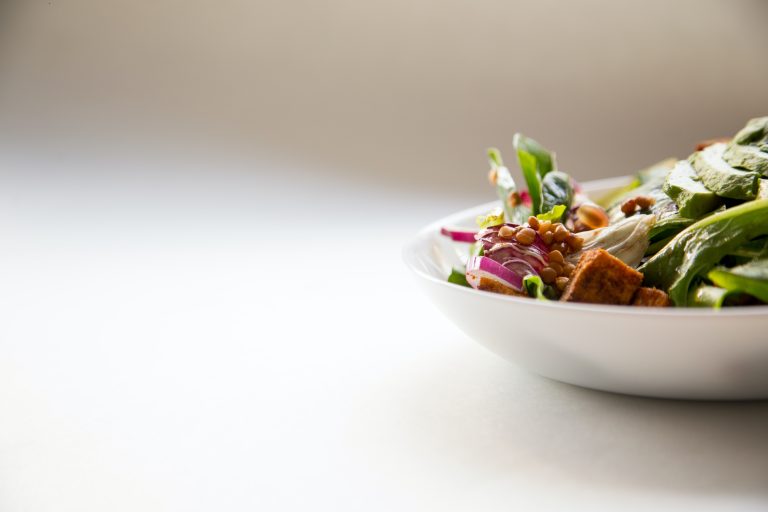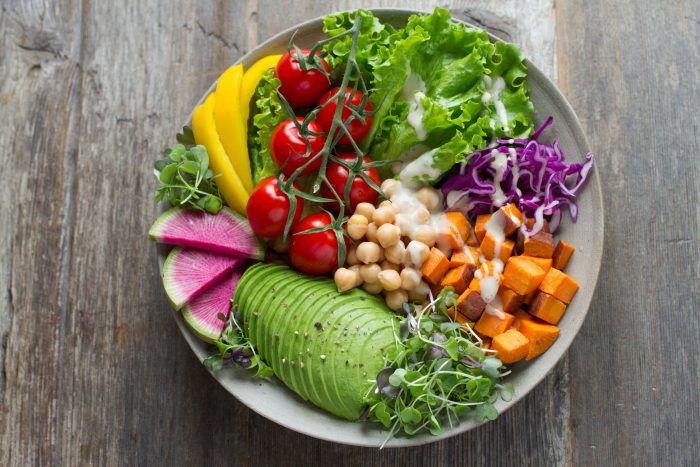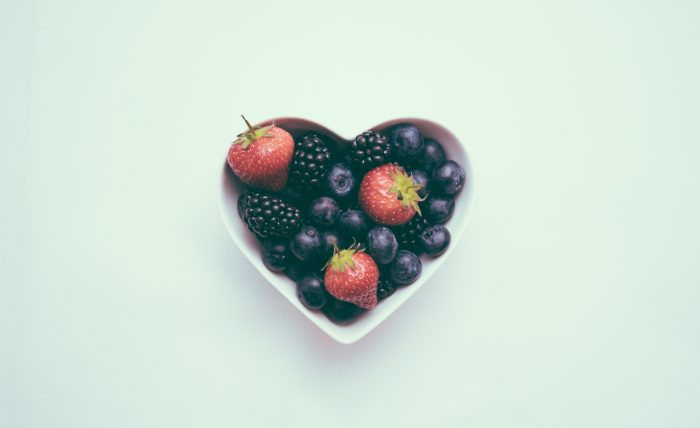
Most vegans consume vegetables and fruits, as well as grains such as quinoa. Other foods found in vegan diets include cashews, almond butter, tofu, and plant-based oils. Avocados are good sources of natural sweeteners. While eating a vegan diet can be challenging, it’s not impossible to eat a healthy diet. Just remember that it’s only as healthy as you make it.
As you read the benefits of a vegan diet, you’ll want to know more about what you’ll be giving up. Many people find it easier to transition from a meat-based diet to a vegan one than others. Some people start out as a vegetarian before limiting eggs and dairy. Others may want to make the transition gradually. Whatever method you choose, keep your goals in mind, and try to incorporate new foods into your daily routine.

Vegans are very flexible in their diets and have the advantage of being able to eat a wide variety of healthy foods. Vegans can replace many meat-based main dishes with vegetables, legumes, nuts, and seeds. As part of their lifestyle, vegans avoid wearing leather, wool, and silk. Many also refuse to use any products that have animal ingredients, are filtered with animal parts, or were tested on animals. They also try to avoid eating at restaurants that use animals for entertainment purposes.
Many studies have shown that people who follow a vegan diet experience fewer diseases than those on a non-vegan diet. They have lower cholesterol, blood pressure, and diabetes, and their bodies respond better to vegan diets. Some studies even indicate that the vegan diet reduces the risk of certain types of cancer. It may even help some people live longer. Some people even experience less food poisoning when eating a vegan diet. This diet is certainly not for everyone, but it may be beneficial for you.
